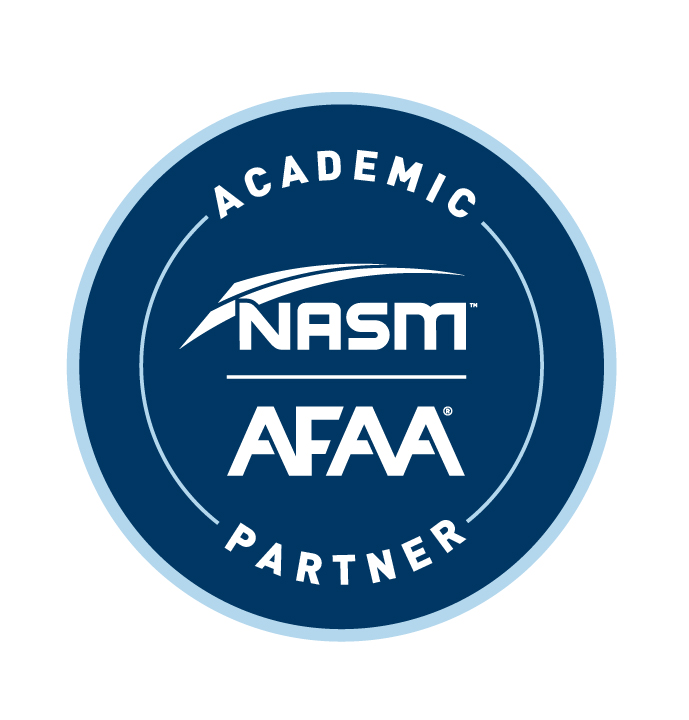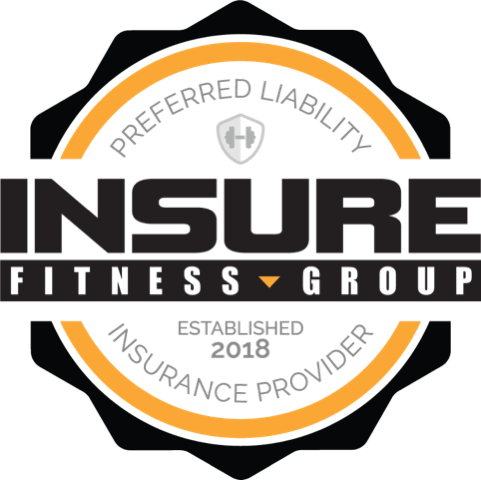Becoming a freelance certified personal trainer usually means that you will not be able to rely on the use of the equipment of an established gym with your clients. When it comes to what equipment you will need to properly train your clients, the first thing to remember is that there is no such thing as essential equipment. Depending on the client and their fitness goals, it is possible to train many clients without the aid of any actual equipment. In order to be effective with a broad spectrum of clients and goals, there are a number of pieces of equipment that are wise first investments for a certified personal trainer running their own business.
While it is important to have a good selection of fitness equipment it must be portable, lightweight, compact, cost effective, durable, regularly useful, and effective in terms of use. Some of the basics include:
- Mats
- Speed ropes
- Gym Balls, Medicine Balls, Kettlebell
- Compact adjustable weight set
- Dumbbells
- Pull-up bar
- Resistance bands
- Stability Disc
- Punching and kicking target mitts
- Stopwatch.
This is a good starting list for a certified personal trainer that travels to their clients as well as one with a studio. Versatile and inexpensive items like dumbbells allow the client to see their progress as they increase weight. Medicine balls are ideal for reaction drills. They also serve well for performing the same type of exercises that are done with dumbbells such as curls, presses, squats and lunges. The kettlebell allows working the body as a unit to increase calorie expenditure, cardiovascular fitness, real-world functional strength, and flexibility.
Portable pull-up bars provide the important upper body fitness patterns of pulling and rowing while punching and kicking target mitts and bags are an excellent option for high calorie burn and stress relief. Conditioning equipment such as cones, ladders, and hurdles can be inexpensive and effective in improving a client’s general agility, stability, power, and athleticism.
There are also a number of pieces of equipment that are important to have for the health and fitness assessment/consultation. They include:
- Peak flow meter,
- Electronic blood pressure tester,
- Bodyfat calipers
- Electronic bodyfat/weight scales
- Heart rate monitor
- Electronic metronome
- Tape measure
- Holdall
Certified personal trainers with a studio and a larger budget can take advantage of a number of fitness machines that can provide versatility for clients. Many are ideal replacements for higher risk or more challenging free weight and body weight exercises. This will broaden the different types of clients that the personal trainer can take on.
A good basic line includes a leg press, pull down, chest press, compound row, overhead press, and trunk extension. Quality cardio equipment such as treadmills, elliptical trainers, upright and recumbent bikes, stair climbers and others are usually quite costly and may take up precious space.
The most important thing to remember for any certified personal trainer that is going the freelance business route is that the methods of training that they use are much more important than the equipment that they use. The best personal trainers understand that basic equipment, a strong understanding of physiology and the limitations and abilities of each client will always produce the best results. Coupled with the experience of the certified personal trainer and a strict adherence to safety, there is no indispensable piece of exercise equipment or exercise that is necessary for producing good results.


